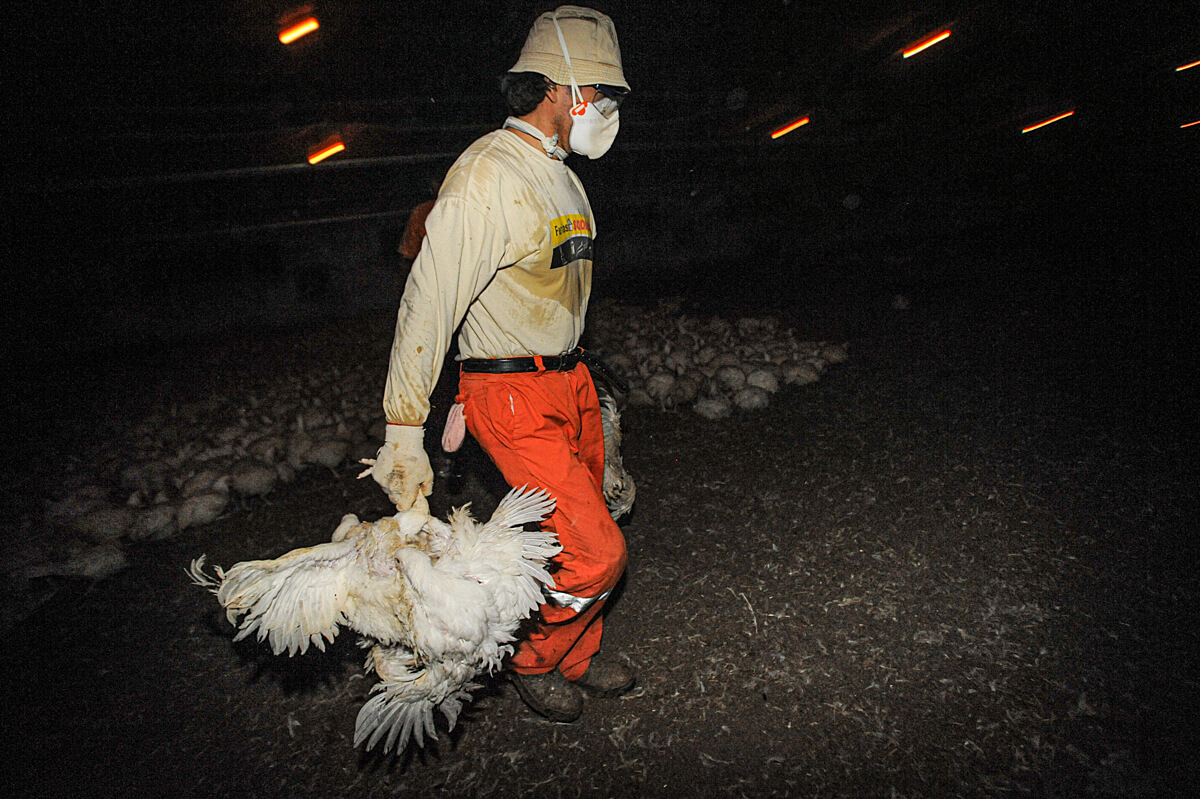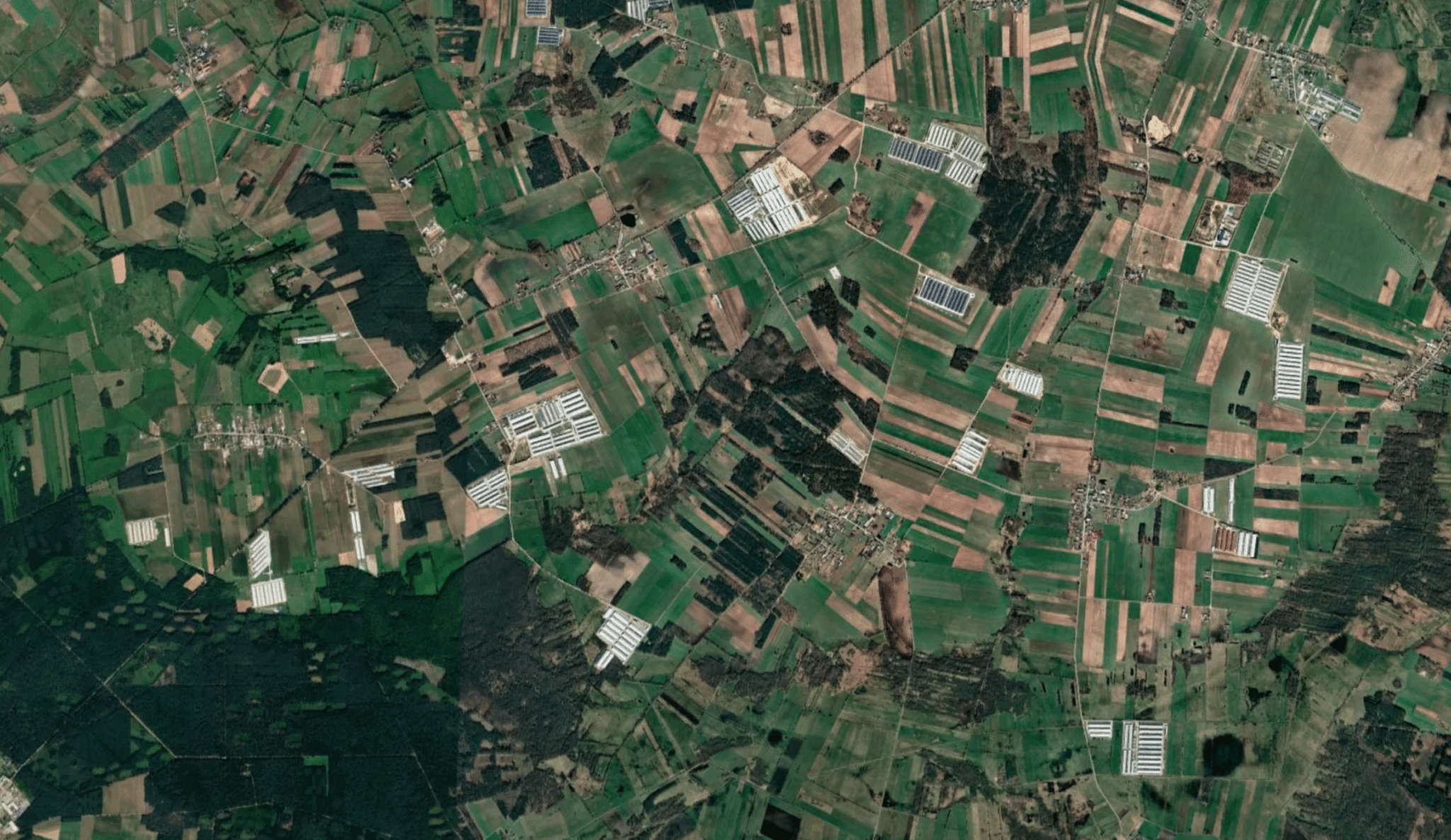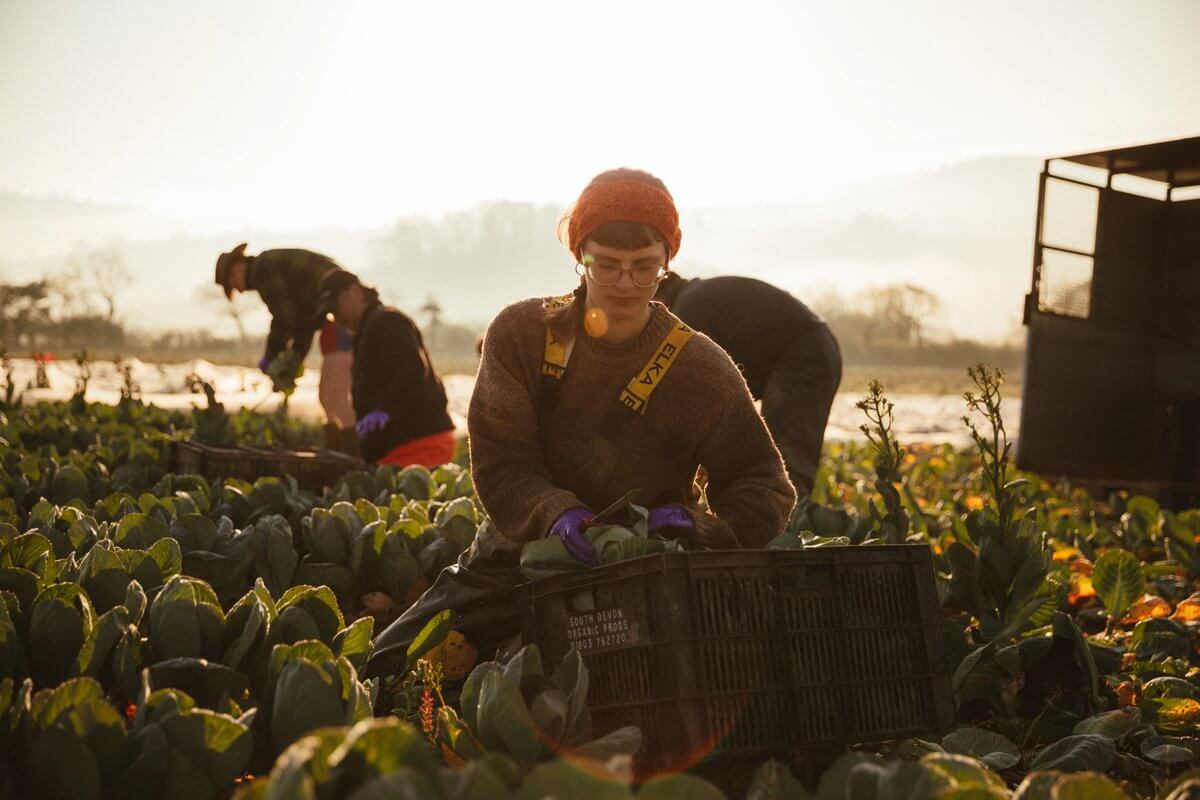The UK Government has produced an outline of its new food strategy, which it calls the “good food cycle”. The 5,000-word document has received a warm reception, though now the hard work starts.
“The UK food system is on the cusp of a transformation – one that will radically overhaul our relationship with food and reshape the way it is produced and consumed,” explained food and farming minister Daniel Zeichner, who launched the new document at Darley Street Market in Bradford as part of the 2025 City of Culture celebrations.
The government details the problems with the current system – from the junk food cycle (that benefits the profits of big processors and supermarkets but not people’s health) and high environmental impacts (greenhouse gas emissions from our food system, including imports, equate to 38% of all UK emissions) to a worrying vulnerability to shocks and growing food insecurity.
Then come the 10 “priority outcomes” needed to “deliver and fully realise the benefits of a healthier, more affordable, sustainable and resilient food system”.
These include:
- An improved food environment that supports healthier and more environmentally sustainable food sales
- Food supply is environmentally sustainable with high animal welfare standards, and waste is reduced
- Access for all to safe, affordable, healthy, convenient and appealing food options
- Conditions for the food sector to thrive and grow sustainably, including investment in innovation and productivity, and fairer more transparent supply chains
- People are more connected to their local food systems, and have the confidence, knowledge and skills to cook and eat healthily
Anna Taylor, executive director at the Food Foundation, as ever captured the zeitgeist when she said: “There’s a lot of good news […but] there are also risks.”
Indeed, it all sounds rather positive, with an ambitious tone and recognition of the need for long-term ambition and for government ministers from different departments to work together in achieving this.
“In a good food cycle, a transparent, stable and predictable policy environment supports investment in the development, production and marketing of healthier and more environmentally sustainable great British food for everyone,” the document reads.
The positioning of ‘people’ and ‘place’ at the centre of the strategy is also encouraging. The public, via the Citizens Advisory Panel with guidance from the Food Foundation and Food, Farming and Countryside Commission, are to help shape this new system after years of supermarkets and large brands having a stranglehold on food strategies.
“I’d love it if we end up in a place where providing healthy, good food for your family becomes a little less confusing. It shouldn’t be a struggle to provide healthy food for a family,” said David Njoku, from Berkshire and a member of the council.
“I think what I’m really looking for is change,” added fellow council member Emmanuela Kumi, who lives in London. “Defra have been really vocal that they want to hear us and they want to centre citizen voices as a key part of their strategy.”
Defra, the Department for Environment, Food and Rural Affairs, has also convened a Food Strategy Advisory Board. Chaired by Zeichner, the board make-up is tipped towards industry heavyweights, with Sainsbury’s, Cranswick and McCain all represented.
The Food Foundation’s Taylor is also involved. So too is Susan Jebb, Professor of Diet and Population Health at Oxford University and Chair at the Food Standards Agency. Whether they, along with the likes of Ravi Gurumurthy from Nesta, an innovation agency for social good that is behind recent proposals for companies to measure and report on their sales of healthy and unhealthy food, can hold sway over the industry behemoths and break the status quo is not yet clear.
A good (food) strategy?
Indeed, discussions now move towards the new policies and regulations needed to deliver the good food cycle. At the Bradford launch event, Zeichner was asked whether he was open to new law and regulation. “We are determined to make this happen,” he replied. “There’s much we can do in the meantime, but if it needs legislation, so be it, there will be,” he added.
However, it is no secret that Defra holds little sway in Whitehall, especially over the Treasury. In the days after the food strategy announcement, reports emerged that a draft of the good food cycle strategy included plans to set out new policies and regulations – but these were “ditched after intervention from No.10”, according to The Grocer magazine.
The final document reads: “Many of the policy areas and strategies that will be essential to delivery of the food strategy outcomes are still under development, and all will continue to evolve.”
As ever, there will be a close eye on how any new policies affect prices, which has in recent years been used countless times by ‘Big Food’ companies to derail progressive policies, like restrictions on promotions and advertising of unhealthy foods, wider sugar taxes and the introduction of more sustainable packaging rules.
The Soil Association is among those who remain concerned that the ultra-processed food industry is having too much of an influence on food and health policy (which politicians do finally appear to be linking together).
“[T]he government’s vision for good food ignores the ultra-processed elephant in the room,” said Soil Association campaign co-ordinator Cathy Cliff. “This is perhaps unsurprising given the involvement of the UPF industry in [the good food cycle] announcement and after our recent investigation found the UPF lobby blocked the previous government’s attempts to push shops to discount on minimally processed and whole foods.”
Death and disability from dietary risks such as eating too little fruit, vegetables and fibre, and too much food high in fat, sugar and salt has risen by 46% in the last decade. Cliff called for “explicit backing” of minimally processed and whole foods that “we know are truly good for us”.
How to curb consumption of ultra-processed foods is just one of a number of tricky challenges the government needs to negotiate. Some farmers noted that the strategy talks a lot about provenance, local food systems and cultures but fails to mention British beef, lamb, pork, or dairy. Eating less and better meat and dairy remains a bone of contention.
The government said that a food strategy is “the process by which we move from the food system we have now, to the food system we want to see in the future”. Defra relations with farmers remain strained, while supermarkets continue to strongarm progressive policies, so the real stress tests for the new strategy are surely yet to come.













I am baffled by this new government food strategy, when they are allowing another 500 Kentucky Fried Chicken outlets open up.
We need fewer food outlets like these, not more.
Government must help farmers transition away from farming which is dominated by animal agriculture for people, for planet, and for the animals involved by promoting a transition to more sustainable, plant-based practices and sustainable uses of existing farmland. We can do this, we will support this.
Without the necessary policy changes this strategy is little more than nice words and good intentions, sadly.